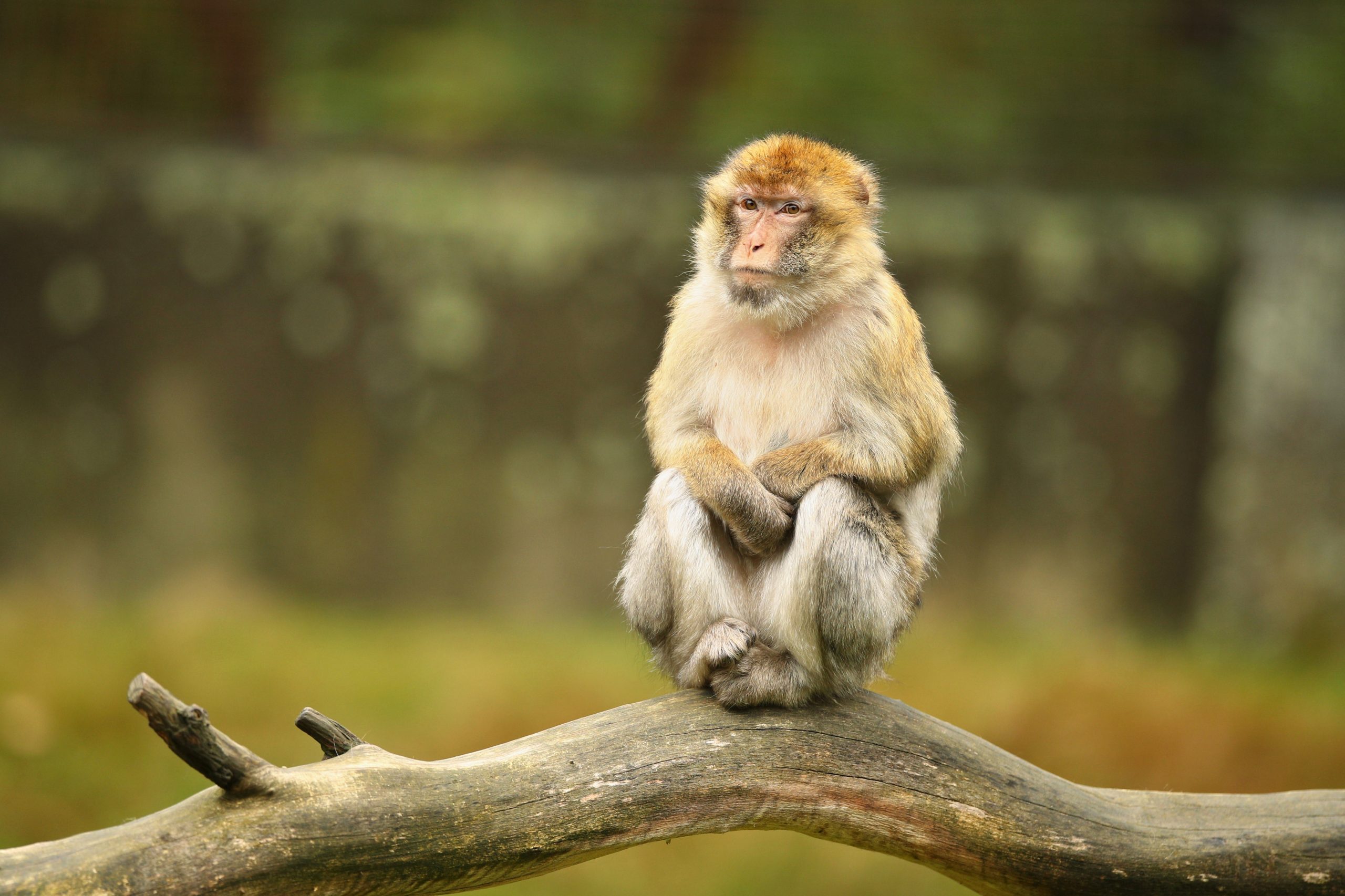Experts have warned the name can be stigmatising to the animals it was named after, that have little part in its spread, and to Africa which the primates are often connected with.
There have recently been some reported cases of people attacking monkeys in Brazil over a fear of the disease.
“Human monkeypox was given its name before current best practices in naming diseases,” WHO spokeswoman Fadela Chaib said to reporters in Geneva.
“We want really to find a name that is not stigmatising.”
She said anyone can propose a new name by accessing the dedicated website (see “Add Proposals” under ICD-11).
According to WHO, the current best practices she is referring to is “that newly-identified viruses, related disease, and virus variants should be given names with the aim to avoid causing offense to any cultural, social, national, regional, professional, or ethnic groups, and minimize any negative impact on trade, travel, tourism or animal welfare”.

However, the disease is found in a number of other animals, rodents most frequently.
Though it can spread from animals to humans, experts are insisting the global spread is from close-contact human transmission.
WHO announced last week that a group of convened experts had agreed to give new names for monkeypox virus variants, or clades.
The two main variants used to be named after the regions where they were known to circulate, the Congo Basin and West Africa.
They have now been named using Roman numerals as Clade I and Clade II.
Clade IIb, a subvariant of Clade II is seen as the primary reason behind the ongoing outbreak.






